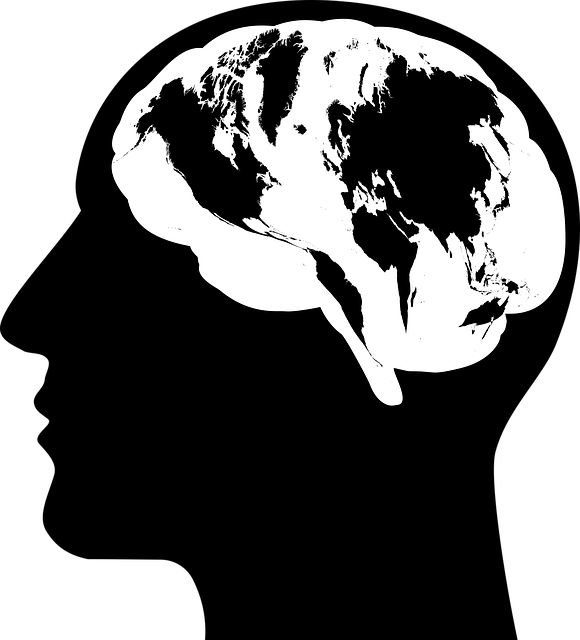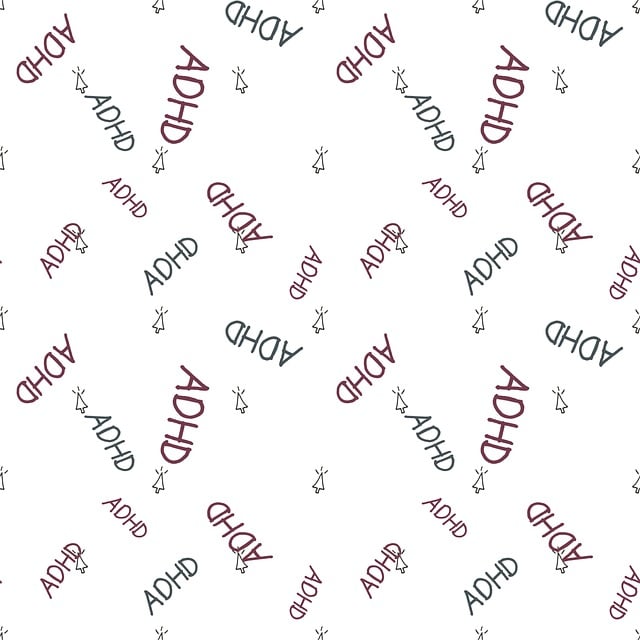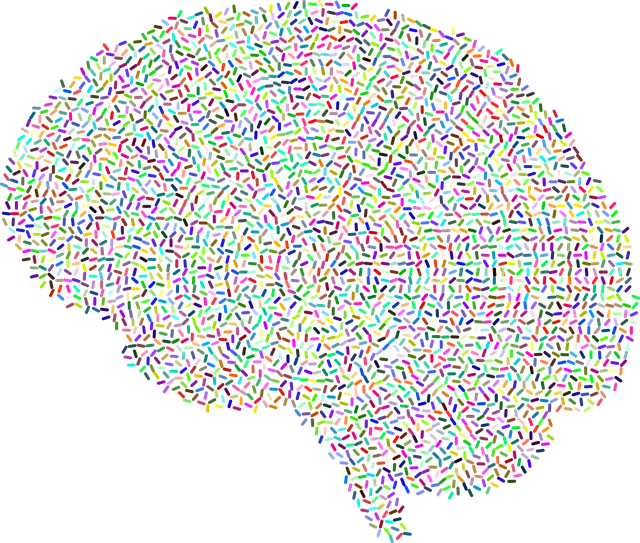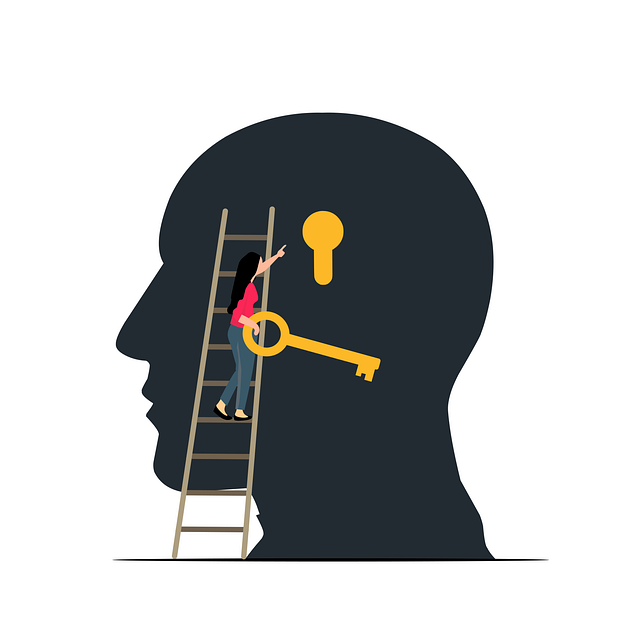Mental wellness apps are gaining popularity as effective tools for supporting emotional well-being, particularly with cultural-specific offerings like those provided by Wheat Ridge Hebrew Speaking Therapy. These apps offer personalized therapy, mood tracking, mindfulness exercises, and access to support networks, addressing burnout prevention. The development process includes market research, design, testing, and beta feedback to ensure high functionality. Marketing strategies should focus on cultural relevance, leveraging social media, influencer partnerships, and engaging content to attract and retain Hebrew-speaking users seeking tailored mental wellness solutions.
In today’s fast-paced world, mental wellness apps have emerged as indispensable tools, offering accessible support for individuals seeking better mental health. This article explores the development of such apps, with a specific focus on the Wheat Ridge Hebrew Speaking Therapy App. We delve into the critical need for these applications, highlighting key features and functionality that foster effective therapy. Furthermore, we navigate the development process, from initial concept to launch, and uncover successful marketing and user engagement strategies tailored for the unique needs of Hebrew-speaking communities.
- Understanding the Need for Mental Wellness Apps
- Features and Functionality of Effective Apps
- Development Process: From Concept to Launch
- Marketing and User Engagement Strategies for Wheat Ridge Hebrew Speaking Therapy App
Understanding the Need for Mental Wellness Apps

In today’s fast-paced world, mental wellness is more important than ever. With increasing stress levels, burnout becoming a prevalent concern among healthcare providers, and the ongoing need for accessible support, there is a growing demand for innovative solutions. Mental wellness apps offer a convenient and discrete way to connect individuals with resources and tools tailored to their needs. For example, Wheat Ridge Hebrew Speaking Therapy has recognized this gap in the market and developed applications that cater to specific cultural requirements, ensuring a sense of belonging and understanding for diverse user bases.
These apps not only provide a safe space for users but also offer practical strategies for resilience building. They can include features such as mindfulness exercises, mood tracking, and access to a network of support systems, all designed to enhance overall mental well-being. Moreover, healthcare provider cultural competency training is integrated into some app development processes, ensuring that resources are sensitive to various cultural backgrounds and beliefs. This approach not only promotes equitable care but also contributes to burnout prevention strategies for healthcare providers who can now offer evidence-based interventions digitally.
Features and Functionality of Effective Apps

Effective mental wellness apps should offer a comprehensive suite of features designed to support users’ emotional and psychological well-being. These include personalized therapy sessions tailored to individual needs, such as those provided by Wheat Ridge Hebrew Speaking Therapy. Apps should facilitate easy access to coping skills development resources, allowing users to quickly engage with techniques for managing stress, anxiety, and other mental health challenges. Interactive tools like mood trackers, meditation guides, and positive thinking exercises can empower users to actively participate in their healing journey.
Moreover, trauma support services within these apps can play a pivotal role in helping users process difficult experiences and build resilience. By incorporating evidence-based therapeutic methods, such as cognitive behavioral therapy (CBT) or mindfulness practices, mental wellness apps can equip individuals with the necessary coping mechanisms to navigate life’s challenges. Regular updates and fresh content ensure that users remain engaged and motivated, fostering a continuous improvement in their mental health and overall quality of life.
Development Process: From Concept to Launch

The development process of a mental wellness app, like Wheat Ridge Hebrew Speaking Therapy’s innovative digital offerings, involves several meticulous steps, from initial concept to launch. It begins with a thorough understanding of the target audience’s needs and preferences. This stage includes extensive market research, competitor analysis, and defining unique value propositions that set the app apart in a crowded space. For instance, incorporating features for Depression Prevention or Trauma Support Services requires careful consideration of evidence-based practices such as Compassion Cultivation Practices to ensure effectiveness and user engagement.
As the process progresses, designers and developers collaborate to create wireframes, prototypes, and eventually the full-fledged application. This iterative design phase emphasizes usability, accessibility, and a seamless user experience. Regular testing ensures the app meets high standards for functionality and reliability. Once ready, the app undergoes beta testing with a select group of users to gather feedback, refine features, and fix any bugs before its official launch, ensuring it’s not just another app but a powerful tool for enhancing mental wellness, much like Wheat Ridge Hebrew Speaking Therapy aims to do in its digital extension.
Marketing and User Engagement Strategies for Wheat Ridge Hebrew Speaking Therapy App

To effectively market and engage users for the Wheat Ridge Hebrew Speaking Therapy App, developers can employ a multi-faceted strategy that leverages cultural relevance and innovative digital tools. By positioning the app as a unique resource for mental wellness within the Hebrew-speaking community, it can attract users seeking tailored support. Utilizing social media platforms popular among this demographic, such as WhatsApp and Facebook groups, will allow for targeted advertising and community building. Influencer partnerships with respected Hebrew therapists and mental health advocates can further enhance credibility and reach.
Engaging content is key to user retention. The app should offer a mix of interactive features like guided meditation sessions in Hebrew, along with educational resources on stress management and compassion cultivation practices. Incorporating user-generated content, such as success stories or forums for sharing experiences, will foster a sense of community and encourage ongoing engagement. Regular updates, special events, and personalized reminders for practice sessions can also keep users invested in their mental wellness journey within the Wheat Ridge Hebrew Speaking Therapy App.
Mental wellness apps, like the Wheat Ridge Hebrew Speaking Therapy app, are transforming access to support. By leveraging technology, these tools democratize care, offering personalized resources and strategies for managing mental health in a convenient, accessible format. Through careful consideration of user needs, innovative features, and targeted marketing, developers can create impactful solutions that improve lives, making mental wellness accessible to all, regardless of location or background.














